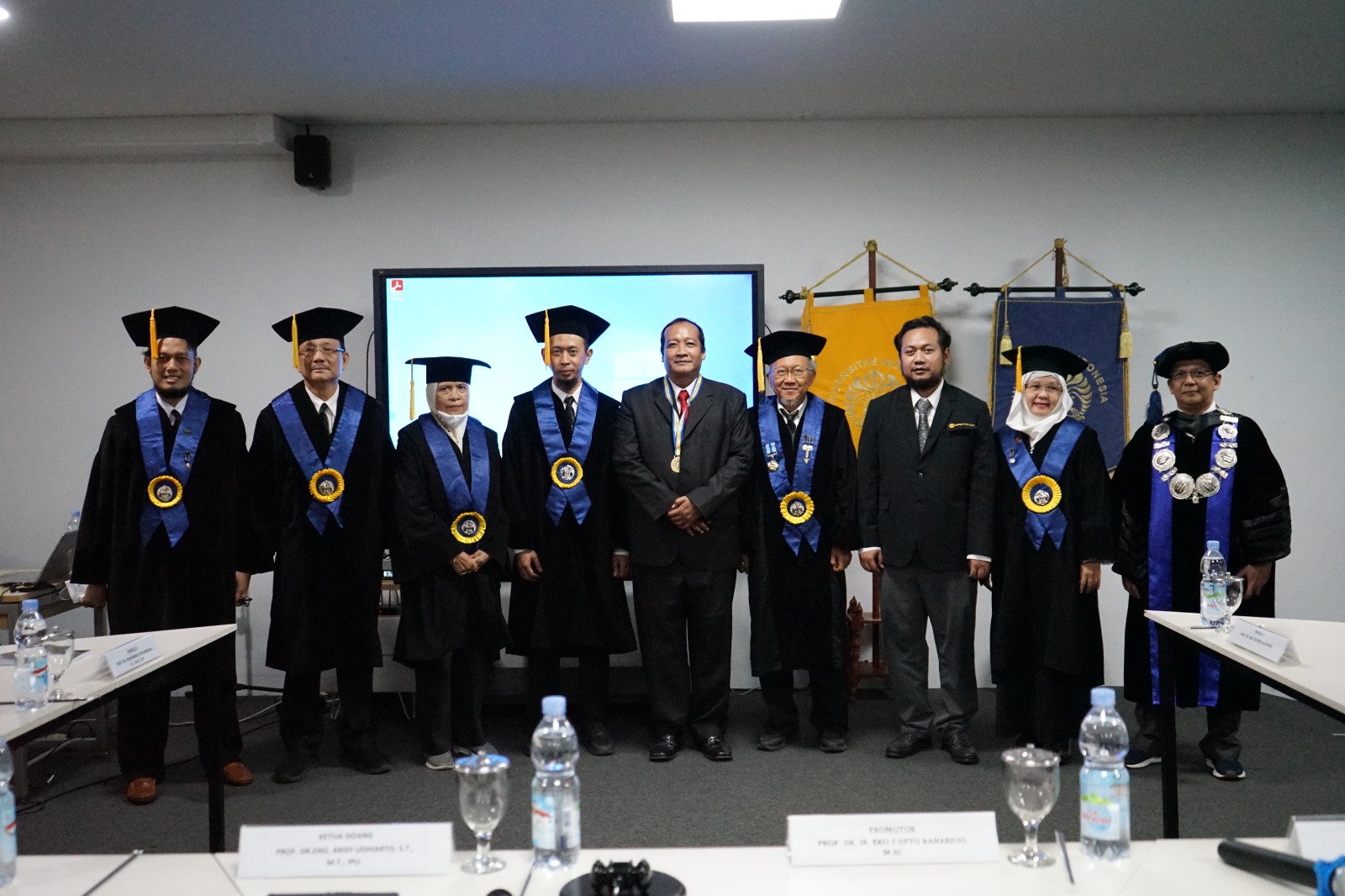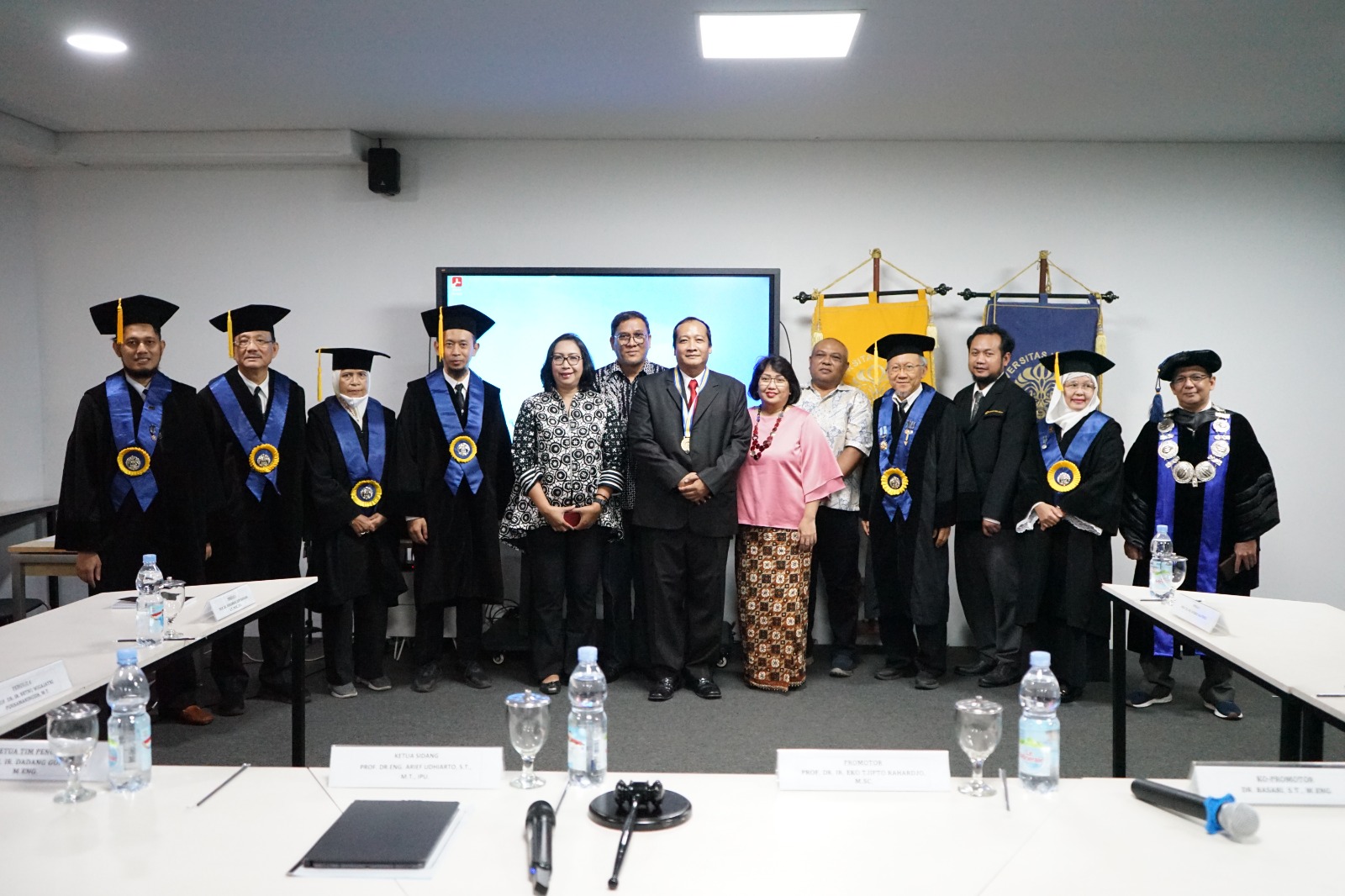Magnetic Resonance Imaging (MRI) is a noninvasive technique vital for medical diagnostics. It provides detailed imaging of internal body structures and exceptionally soft tissues to aid in diagnosing various medical conditions. Unlike other imaging techniques, MRI can differentiate tissues based on their physical and biochemical characteristics, producing distinctive images without the risks of radiation exposure or significant allergic reactions. The MRI system comprises a main magnet to align atomic nuclei, gradient coils to determine spatial positions, and RF coils to transmit and receive signals.
Advancements in radiofrequency (RF) coils for MRI imaging have accelerated in recent decades, driven by technological developments that optimize imaging quality and efficiency. For future progress, Adhi Mahendra’s research focuses on miniaturizing RF coils to improve portability and ease of use.
“Microstrip radiofrequency (RF) coils were chosen for this research due to their highly flexible design. Key parameters such as strip width, dielectric material, and overall geometry can be precisely modified to optimize performance for specific imaging needs. The main features of these coils include their compact size and high sensitivity, resulting in a better signal-to-noise ratio (SNR). Microstrip RF coils also offer advantages in terms of performance and patient comfort. Furthermore, their lower production costs than conventional RF coils make microstrip RF coils more cost-effective,” explained Adhi.
Adhi’s research demonstrated that the proposed microstrip RF surface coils, with integrated tuning and matching circuits, function effectively at 64 and 128 MHz. Thus, they offer a promising clinical solution to enhance MRI image quality.
His dissertation, “Development Study of Dual-Resonance Surface-Type Microstrip RF Coils for High-Field Magnetic Resonance Imaging,” earned Adhi a Doctorate with the distinction of Very Satisfactory and a GPA of 3.85. He is the 178th Doctorate graduate from the Department of Electrical Engineering and the 582nd from the Faculty of Engineering, Universitas Indonesia. He received his degree on Thursday (9/1) in Smart Classroom GK 304.
The Acting Dean of FTUI, Prof. Ir. Mahmud Sudibandriyo, MSc., Ph.D., stated, “Adhi’s research is highly innovative, particularly in medical device development. We hope the results of this research contribute to technological advancements in the biomedical field.”
The Doctoral Promotion Session was chaired by Prof. Dr.Eng. Ir. Arief Udhiarto, S.T., M.T., IPU, with Prof. Dr. Ir. Eko Tjipto Rahardjo, M.Sc., as the supervisor and Dr. Basari, S.T., M.Eng., as the co-supervisor. The examination committee consisted of Prof. Dr. Ir. Dadang Gunawan, M.Eng., Prof. Dr. Retno Wigajatri Purnamaningsih, M.T., Prof. Dr. Ir. Yuli Fitri Zulkifli, M.Sc., Prof. Dr. Muhammad Suryanegara, M.Sc., Dr. Ir. Achmad Munir, M.Eng., and Prof. Dr.-Ing. Mudrik Alaydrus.
***
Office of Public Communication
Faculty of Engineering, Universitas Indonesia


